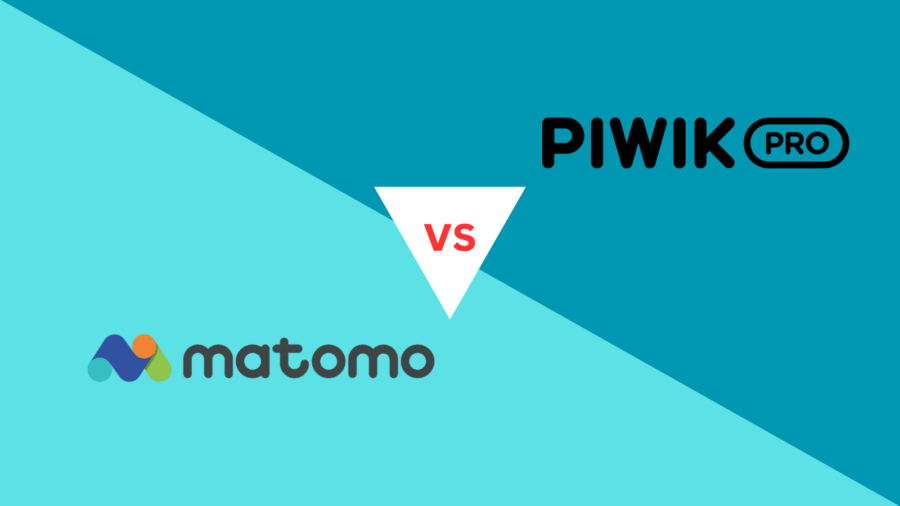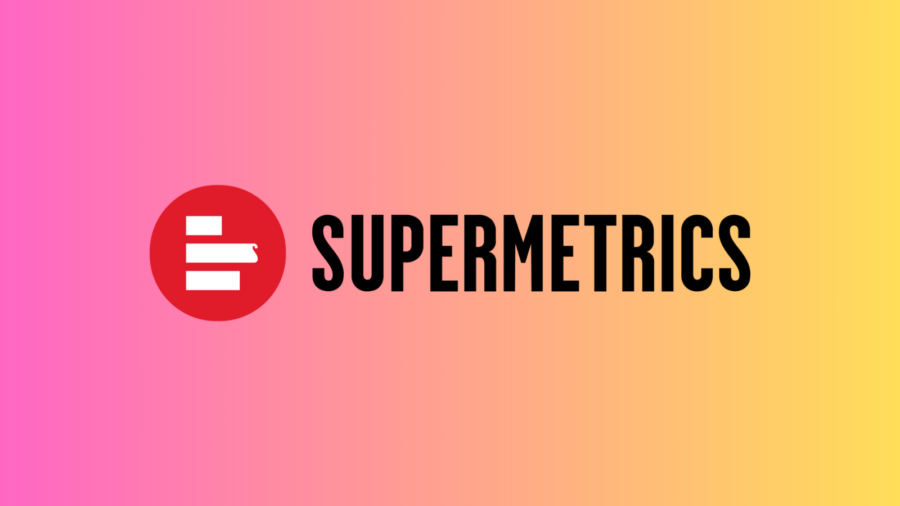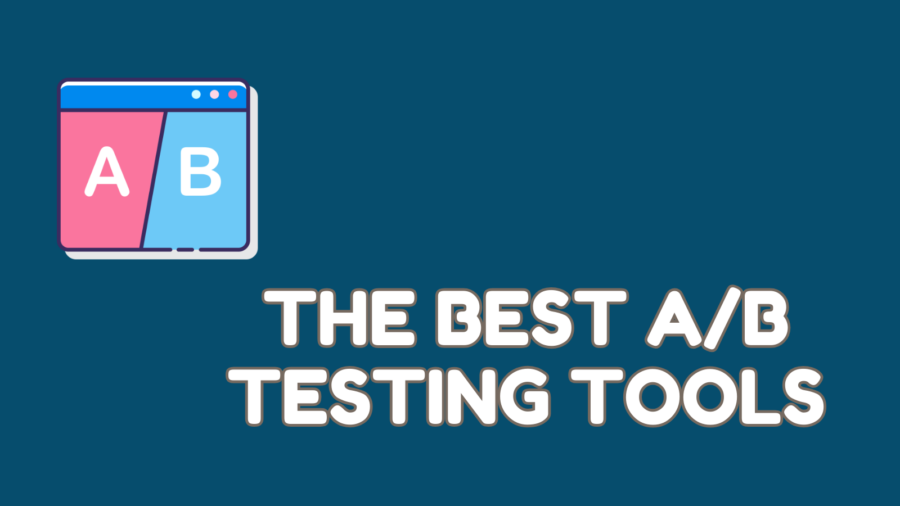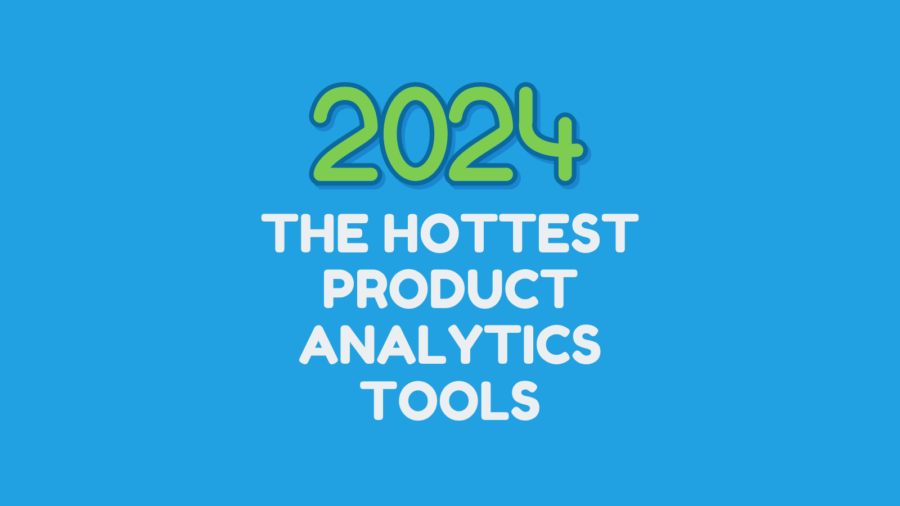Introduction: The Power of Product Analytics
Successful product management heavily relies on data-driven insights. Product analytics tools have emerged as indispensable assets, empowering product managers and stakeholders to understand user behavior, optimize product experiences, and drive business growth. Among the leading players in this space are Pendo and Heap Analytics, each offering unique features to support product teams in their pursuit of data-driven excellence. In this comprehensive comparison, we will explore the capabilities, advantages, and limitations of Pendo and Heap Analytics, aiding product managers and stakeholders in selecting the ideal tool to suit their specific needs and objectives.
Understanding Pendo: Enhancing User Engagement and Product Adoption
Pendo: A Comprehensive Product Analytics Platform
Pendo is a versatile and robust product analytics platform designed to provide valuable insights into user behavior within web and mobile applications. By utilizing JavaScript snippets and software development kits (SDKs), Pendo captures detailed data on how users interact with the product. The platform then presents this data through interactive visualizations, including heatmaps and session recordings, offering product managers deep insights into user engagement and interactions.
One of Pendo’s standout features is its powerful in-app messaging and nudging capabilities. Through targeted messages, surveys, and walkthroughs, product managers can guide users through the onboarding process, increase feature adoption, and promptly address pain points. Additionally, Pendo’s native user feedback collection mechanisms, such as Net Promoter Score (NPS) surveys and in-app polls, provide valuable insights into user sentiment, enabling product teams to make informed decisions. Pendo’s focus on user engagement and feature adoption optimization makes it an excellent choice for product teams seeking to prioritize user satisfaction and retention.
Pendo’s Strengths:
Pendo’s core strengths lie in its in-app messaging, feature-specific analytics, and user feedback collection. The in-app messaging feature empowers product managers to communicate directly with users, offering guidance, answering questions, and encouraging specific behaviors. This capability enhances user onboarding and drives product adoption by ensuring users understand the product’s value and how to utilize its features effectively.
Additionally, Pendo’s feature-specific analytics allow product managers to gain a deeper understanding of how users interact with individual product features. This insight aids in identifying popular features, areas for improvement, and potential pain points, ultimately guiding product development efforts. Moreover, the native user feedback collection mechanisms enable product teams to gather real-time feedback from users, helping them make data-driven decisions to improve the product continuously.
Understanding Heap Analytics: Powerful Data Exploration and Analysis
Heap Analytics: A Data-Centric Product Analytics Platform
Heap Analytics is a powerful and intuitive product analytics platform that emphasizes data exploration and analysis. Similar to Pendo, Heap Analytics provides SDKs for data collection, ensuring detailed insights into user interactions across various platforms. The platform’s primary focus is on event tracking and user segmentation, enabling product managers to perform granular analysis and understand user behavior patterns.
Heap Analytics stands out for its robust data exploration and analysis capabilities. Product managers can create complex queries, funnels, and behavioral cohorts with ease, allowing them to uncover trends, patterns, and user journeys. This data-driven approach empowers product teams to make informed decisions and prioritize features based on user needs and preferences.
Heap Analytics’ Strengths:
Heap Analytics’ primary strengths revolve around its advanced data exploration and analysis features. The platform offers a user-friendly interface, making it accessible to product teams with varying levels of technical expertise. With Heap Analytics’ powerful querying capabilities, product managers can dive deep into their data to uncover insights that drive product improvements.
Moreover, Heap Analytics’ user segmentation features enable product managers to create highly targeted cohorts based on specific behaviors, demographics, and user attributes. This level of granularity facilitates personalized user experiences, allowing product teams to deliver tailored content and interventions that boost user engagement and retention.
Feature Comparison: Pendo vs. Heap Analytics
Data Collection and Integration:
Both Pendo and Heap Analytics offer robust data collection options through SDKs, ensuring data accuracy and real-time insights. Pendo primarily focuses on web and mobile applications, whereas Heap Analytics’ SDKs accommodate a wide range of platforms and devices, making it more versatile for businesses with diverse product offerings.
User Behavior Tracking:
Pendo excels in capturing detailed user interactions through features like heatmaps and session recordings, offering visual insights into user behavior. Heap Analytics, on the other hand, is renowned for its event tracking and segmentation capabilities, enabling granular analysis and customized funnel creation. This makes Heap Analytics a preferred choice for product managers seeking to perform in-depth data exploration and uncover user behavior patterns.
In-App Messaging and Nudging:
Pendo leads in providing comprehensive in-app guidance with targeted messages, surveys, and walkthroughs. These features enhance user onboarding, feature adoption, and prompt issue resolution. While Heap Analytics does offer some in-app messaging capabilities, it may not match the same level of sophistication as Pendo’s, making Pendo a better fit for product teams focused on user engagement and onboarding.
Data Exploration and Visualization:
Heap Analytics’ strength lies in its robust data exploration and visualization capabilities, allowing product managers to create complex queries and charts effortlessly. On the other hand, while Pendo provides valuable insights, it may not match Heap Analytics’ depth of data exploration. Product teams seeking advanced data analysis and exploration may find Heap Analytics more suitable for their needs.
User Feedback Collection:
Pendo’s native feedback collection mechanisms, including NPS surveys and in-app polls, make it a leader in gathering user sentiment and feedback. Heap Analytics also supports user feedback integration but may not offer the same seamless user feedback collection experience as Pendo.
Collaboration and User Permissions:
Both Pendo and Heap Analytics prioritize collaboration and user access control. Pendo allows the creation of multiple roles and permissions, making it easy to manage team access. Similarly, Heap Analytics provides fine-grained access control to ensure data privacy and security.
Pricing and Scalability:
Pricing models for Pendo and Heap Analytics differ significantly. Pendo’s pricing is typically based on the number of active users, which could be a concern for rapidly growing products. In contrast, Heap Analytics’ pricing is more flexible and often based on data volume and service requirements, making it a viable option for large-scale enterprises.
Conclusion: Making Data-Driven Decisions for Product Excellence
In conclusion, the decision between Pendo and Heap Analytics depends on your product team’s specific needs and objectives. Pendo’s strengths lie in its in-app guidance, feature-specific analytics, and user feedback collection, making it ideal for enhancing user onboarding and driving feature adoption. On the other hand, Heap Analytics’ advanced data exploration and analysis capabilities, coupled with robust user segmentation, cater to data-driven product teams seeking to uncover deep insights and optimize product experiences.
Both Pendo and Heap Analytics significantly contribute to the success of product analytics initiatives. Whichever tool you choose, the key to leveraging product analytics effectively lies in understanding user behavior, making data-driven decisions, and continuously iterating to deliver exceptional user experiences. By combining the right tool with expert product knowledge, product managers can gain valuable insights, identify growth opportunities
Check more comparisons from our Unraveling the Power of Product Tools series.





